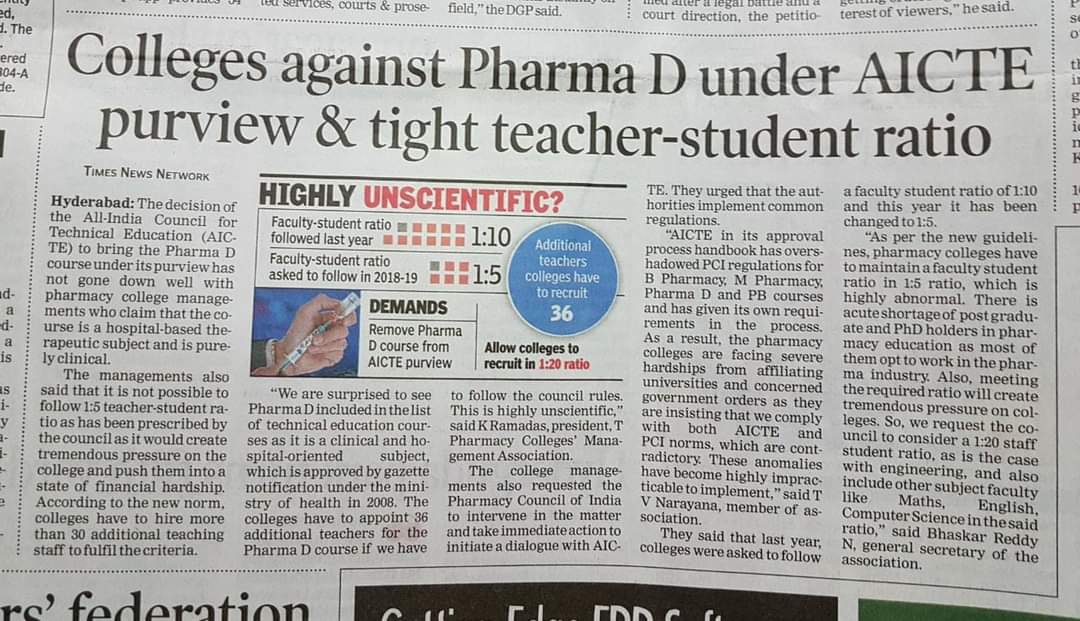One of the major health issues facing the whole world today is Antimicrobial Resistance (AMR). And this alone is not the health crisis of today's generation, because it is not handled on time, it will be the biggest health crisis for the next generation too. Experts in the field have already hoisted a red flag on the critical situation of a world without antibiological if necessary steps are not taken immediately. Even though AMR emerges naturally over time, blind use of antibiotics is one of the major reasons for AMR emerging. The hard fact is that antibiotic abuse and overuse is at risk of decades of medical advancements. It has often been found that over-the-counter availability cases of these lifesaving drugs makes worse as people buy antibiotic medicines for virus-causing diseases instead of bacteria. When antibiotics are so readily available, it's not necessary to take the necessary care. Another fact that AMR burden falls inequality on low and moderate income countries, where healthcare systems are overloaded and resources have increased. The seriousness of the situation that some reports can be estimated that India is likely to cause nearly 2 million deaths from AMR by 2050 as the country has the highest rate of antibiological immunity in bacteria generally causing infection. And the health facilities.
Naturally, the global community has declared AMR as a public health crisis and regulators around the world, along with Indian regulators, have already started measures to solve this problem at the war level as regulators seize this critical situation. Recently, the National Medical Commission has decided to create a general module on AMR control which will improve awareness and understanding of AMR among pregraduate, postgraduate medical students and teaching professionals in medical colleges. This is an appropriate step because there are some atrocious prescriptions from some doctors that write more antibiologically and unnecessarily. Commission's action in this regard is part of efforts to implement the National Action Scheme (NAP) on AMR which aims to reduce the spread of AMR in the country. Recently, the All India Chemist and Distributors Federation, an association of drug distributors and retailers across the country, has given an instruction to the government that the period or expiration date of use is required on the land of treatment use. Doctors prescription to stop the spread of AMR due to their overuse. The fact is that most often, people use old prescription for similar symptoms as previous diseases and take medications the doctor prescribed five years ago or six years ago. Doctors write the same antibiological at a specific time for a specific disease, but they still use the same prescription when the patient has the same disease after five years or six years. Undoubtedly, the medicine used by the patient five years ago may not be affected by his current disease. While the situation gets serious, experts have appealed drug regulators to play a vital role in countering the threat, as the main reason is misuse, overuse and less use of antibiotics. Regulators should literally implement a schedule H and H1 of drugs and cosmetics to stop OTC sales of antibiotics. Regulators shouldn't feel short in making sure pharmacists and hospitals are following the laws and selling schedule H and H1 drugs only on qualified doctors prescription. Delivering without pharmacists and selling without prescription should be stopped immediately to cover the risk of AMR. Government should pay attention to all these instructions and act fast as AMR is a ticking time bomb.
https://chat.whatsapp.com/ESnQA4VD8aRL8I87NxhJ73
